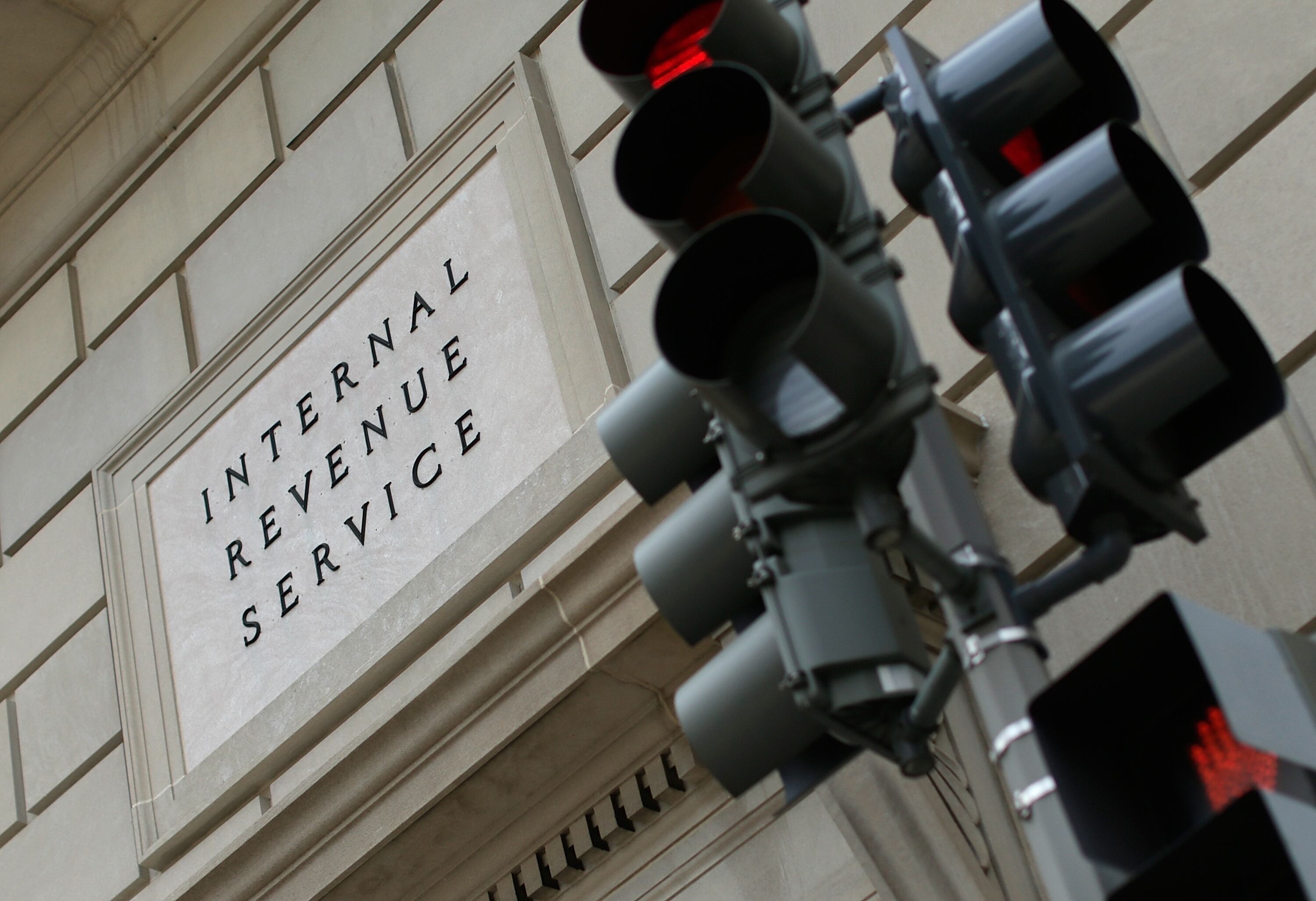The Treasury Department's inspector general has found inaccuracies in the way the IRS charges insurance companies under the Affordable Care Act, leaving a massive loophole for the fees to be underreported.
The Treasury Inspector General for Tax Administration released a report on Sept. 24 that looked at how the IRS processes annual fees charged to insurance providers by the Affordable Care Act.
Resource :Read the report
The providers, called covered entities by the IRS, have to pay annual fees determined by whether their net insurance premiums exceed $25 million for the year. The report said total fee for 2014 was $8 billion.
To determine the fees, covered entities submit their premium information to the IRS on Form 8963.
The report said the IRS encouraged covered entities to use third party information to fill out the forms, including reporting forms from the National Association of Insurance Commissioners and the Center for Consumer Information and Insurance Oversight. The IRS also uses the third party sources when evaluating the accuracy of net premiums submitted by the covered entities.
But TIGTA found that the third party sources did not provide premium information for 54 percent of the covered entities subject to fees, giving 665 insurance providers the ability to underreport their net premiums.
TIGTA also found that while covered entities could be penalized for inaccurate premium information, there was no regulation for adjusting fees once final letters had been sent out.
"As a result, covered entities that file after the final fee calculation and distribution of the fee letters are not subject to their required portion of the fee," the report said. "As of October 22, 2014, we identified seven covered entities that filed Forms 8963 after the IRS made the final fee calculation for Fee Year 2014."
So if errors were discovered after the letters were sent, IRS had no mechanism for correcting fees.
TIGTA recommended that IRS work with Treasury to develop a reconciliation process for reporting errors related to the fees. But IRS disagreed, saying that "Providing for a reconciliation process would result in adjustments to the fee for the entire population of covered entities and would lead to a lack of certainty and finality for the covered entities as to their fee liability."
IRS promised to evaluate procedures over the next three years before determining whether to amend regulations.





